ONTARIO — The Court of Appeal for Ontario has dismissed a lawsuit brought by Ukraine International Airlines (PS) regarding the flight PS752 crash. The court also mandated that PS compensate the families of those killed in the crash in full.
If culpability is established, PS would be required by international law to reimburse the families of passengers for losses. If the airline is found to have been irresponsible, the amount can be increased.
As of 2023, Iran refused any responsibility for the downing of PS752, . Then, last year, an Ontario court determined that PS had been negligent by failing to conduct a proper risk assessment before operating its flight from Tehran.
That ruling stripped PS of the right to limit compensation for the victims of the PS752 crash. This week, the Court of Appeal for Ontario upheld that decision.
Below is a summary of the August 11, 2025, ruling: N.S. v. Ukraine International Airlines PJSC (Court of Appeal for Ontario, 2025 ONCA 587).
Background
On January 8, 2020, PS Flight PS752, operated by a Boeing 737-800, reg. UR-PSR, departed Tehran and was shot down minutes later by two Iranian Revolutionary Guard missiles, killing all 176 people aboard.
Families of victims sued PS under the Montreal Convention, which limits liability to about US$235,000 per passenger unless the airline is found negligent.
A trial was held to determine if PS met the standard of care; the judge found it did not, making liability unlimited. PS appealed.
Key Issues on Appeal
- Whether PS breached the standard of care in allowing the flight to depart.
- Whether any breach caused the deaths.
- Whether the damages were too remote.
- Whether PS could appeal the trial court’s costs award.
Court’s Findings
- Standard of Care Breach
- The applicable industry guidance was ICAO Document 10084, requiring both security and safety risk assessments for flights in or near conflict zones.
- Tehran’s airspace (Tehran FIR) was a “conflict zone” due to Iran’s ballistic missile attacks on U.S. bases hours earlier, heightened military alert, and credible risk of misidentification.
- UIA’s security assessment on January 8 was flawed:
- Conducted by one official (Mr. Martynenko) without consulting colleagues or the flight commander.
- Failed to access key available information (FAA NOTAM, Osprey advisories).
- Did not consider key ICAO risk factors (missile base proximity, military activity, potential for mistaken identity).
- No hazard identification or safety risk assessment was done.
- Reliance on the fact that other airlines were flying was unjustified without confirming their risk assessments.
- Causation
- A proper assessment using available information likely led to delaying or cancelling the flight.
- No mitigation measures were taken.
- The failure to inform the flight commander also removed a safeguard.
- Therefore, PS’s negligence was a factual cause of the deaths.
- Remoteness
- The risk of a commercial aircraft being shot down in a conflict zone was foreseeable, especially after similar incidents like MH17 (2014).
- FAA and Osprey warnings explicitly raised the risk before takeoff.
- Costs
- The trial judge’s US$4.96 million costs award was within her discretion.
- Leave to appeal costs was denied.
Disposition
The Court of Appeal dismissed PS’s appeal in full, upholding the finding of negligence and unlimited liability under the Montreal Convention. PS must pay appeal costs as well.
Monday's ruling reinforces that airlines must follow comprehensive, internationally recognized risk assessment standards when operating near conflict zones, using all reasonably available information, and involving all operational stakeholders in decision-making.
In short: Just don't fly in or near conflict zones.

.jpg)
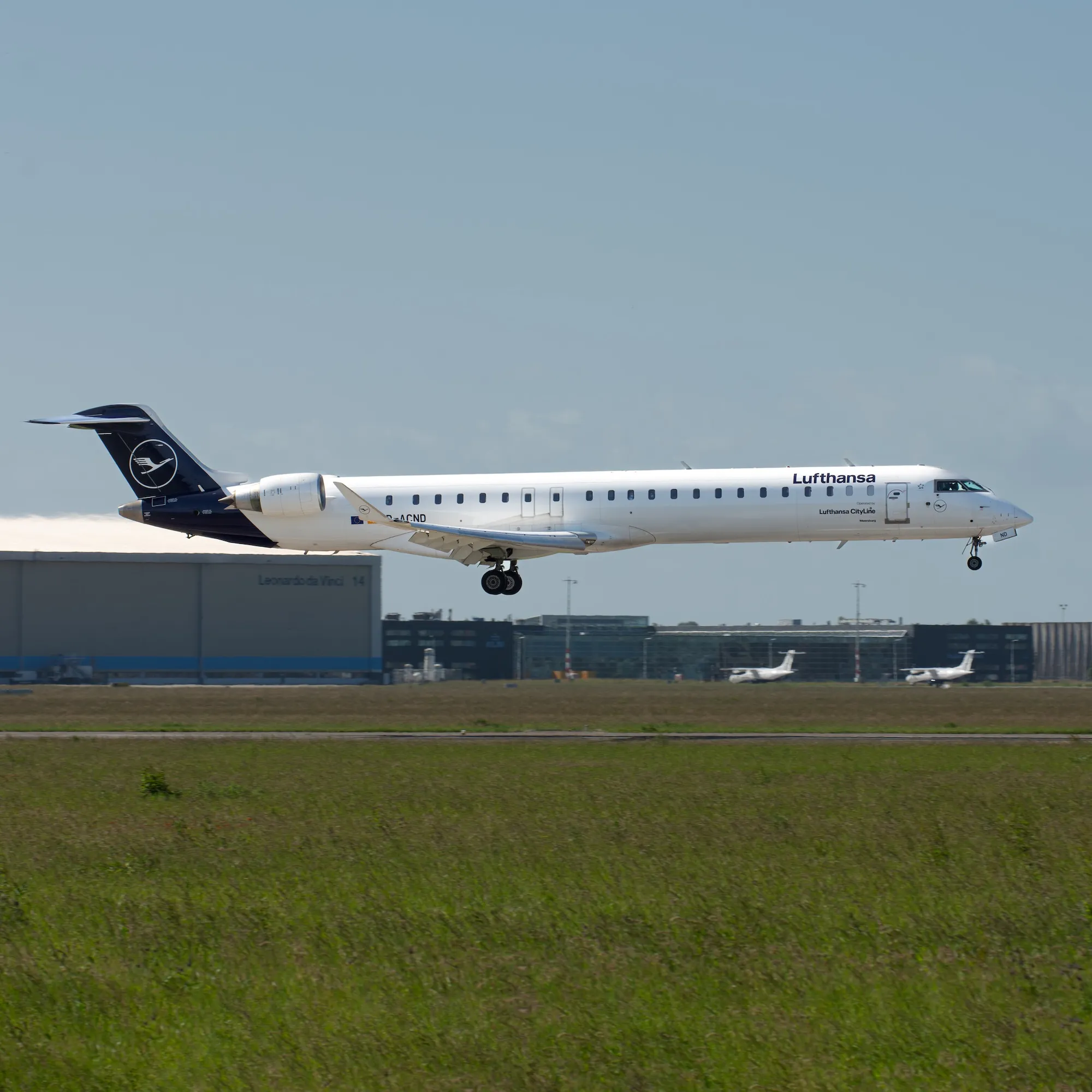
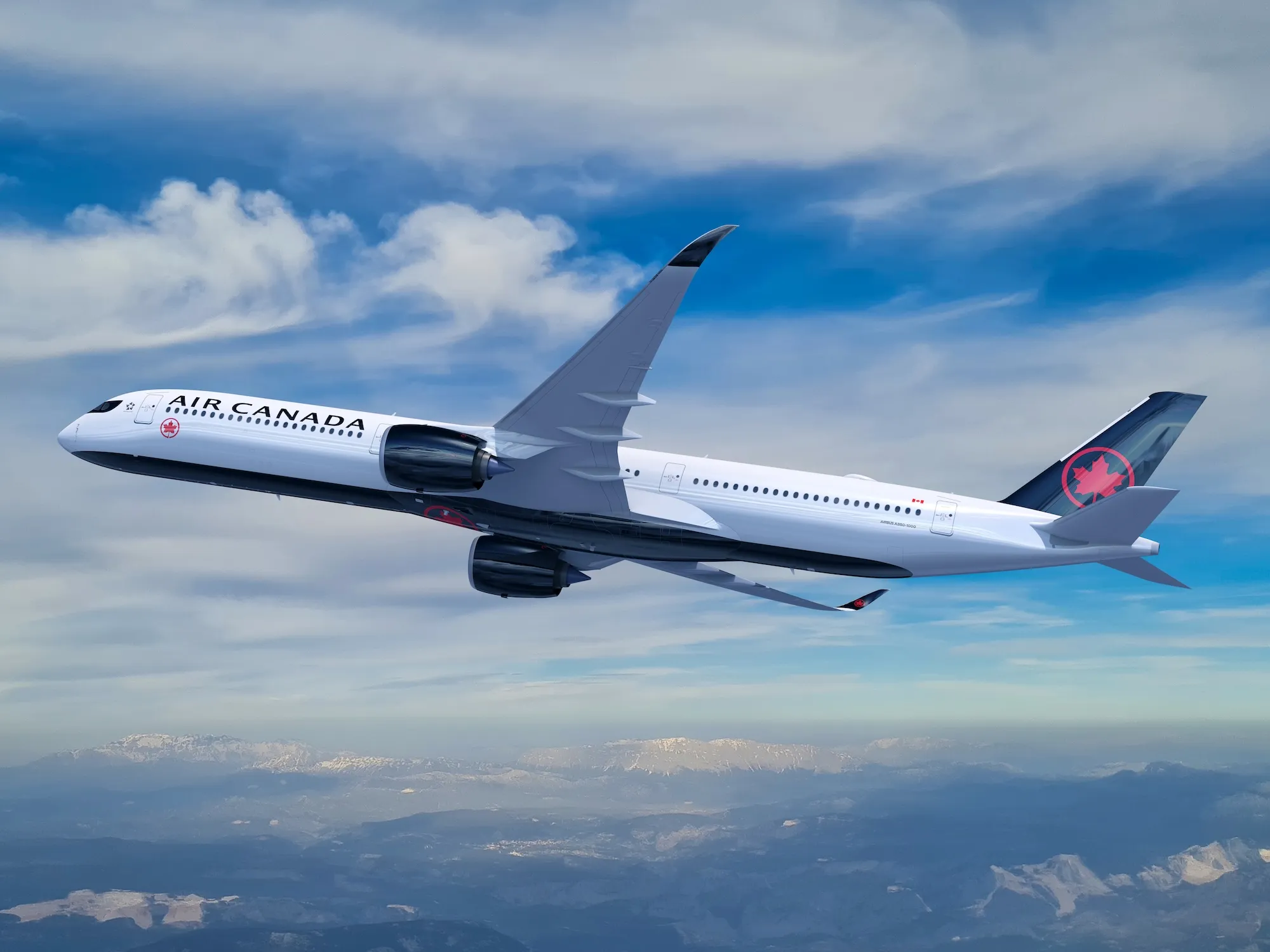
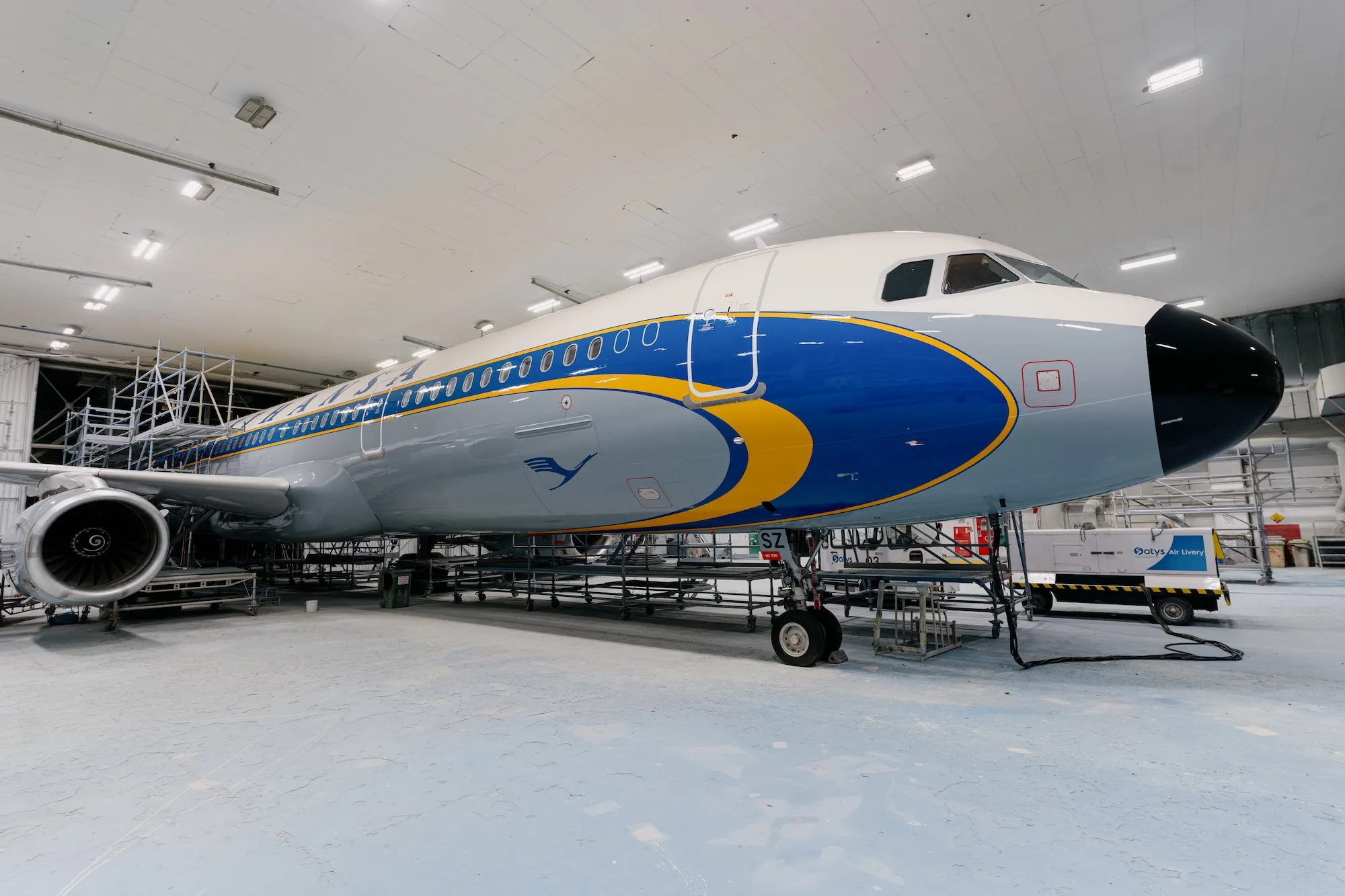
.webp)
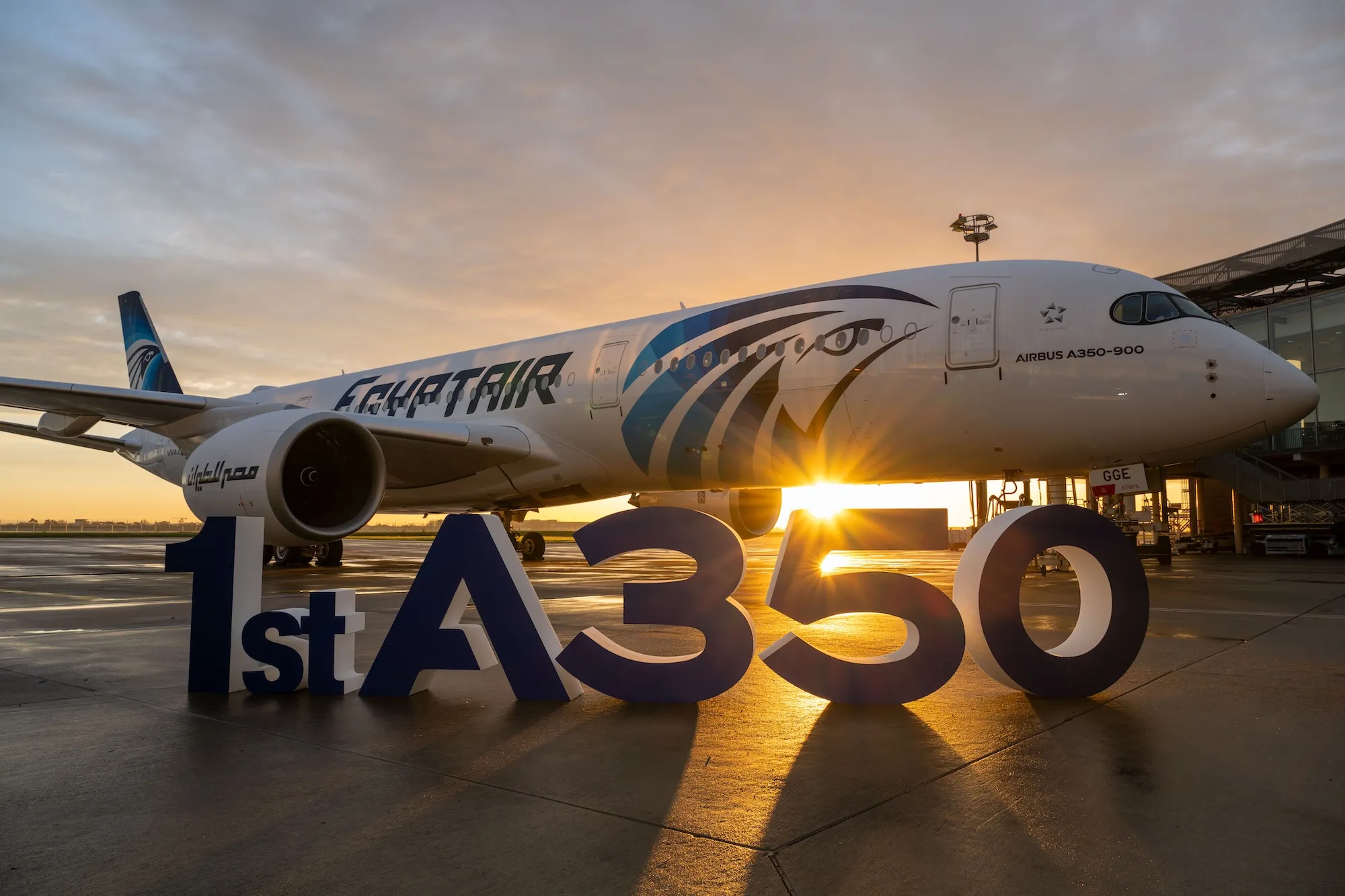


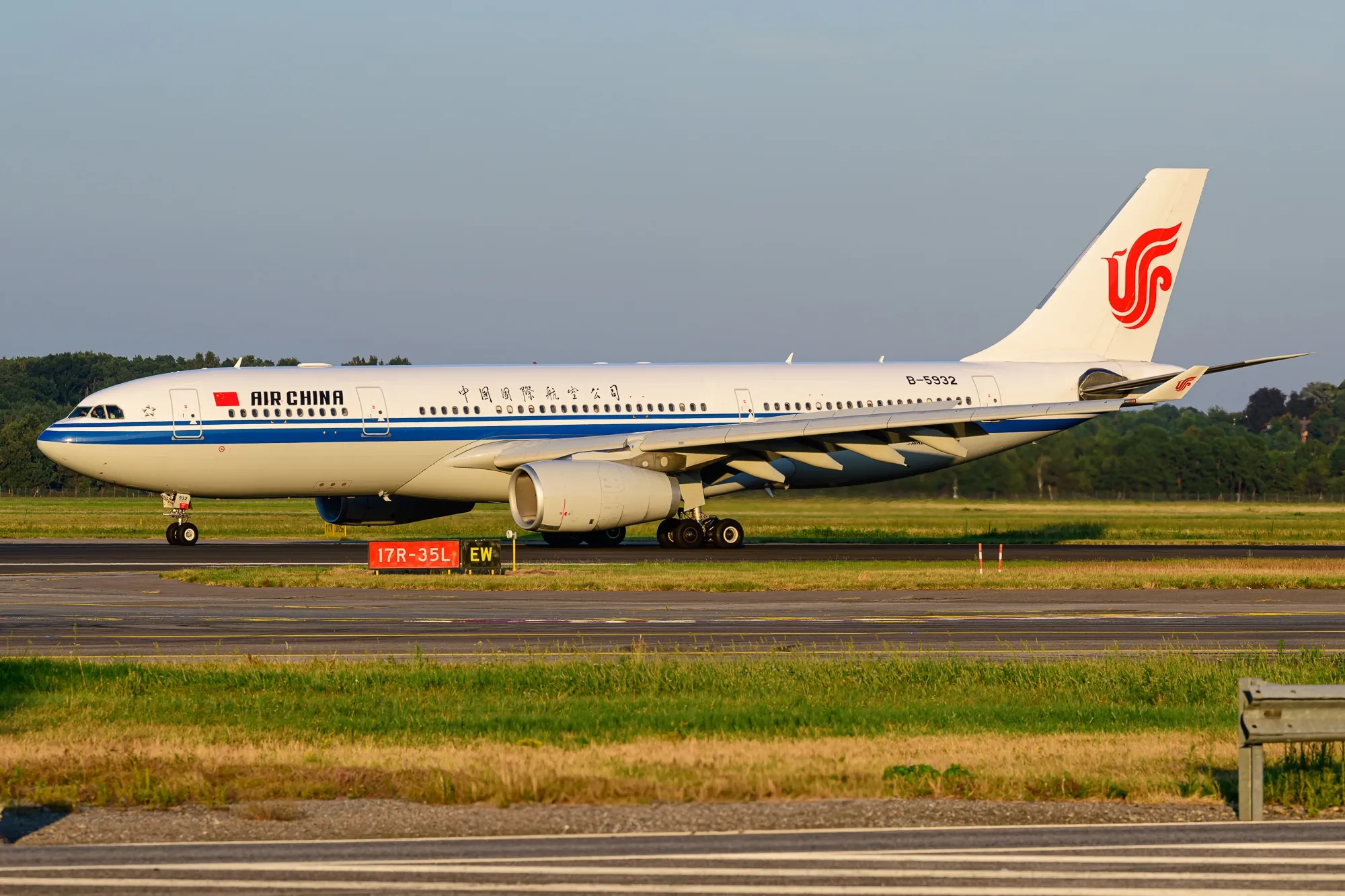
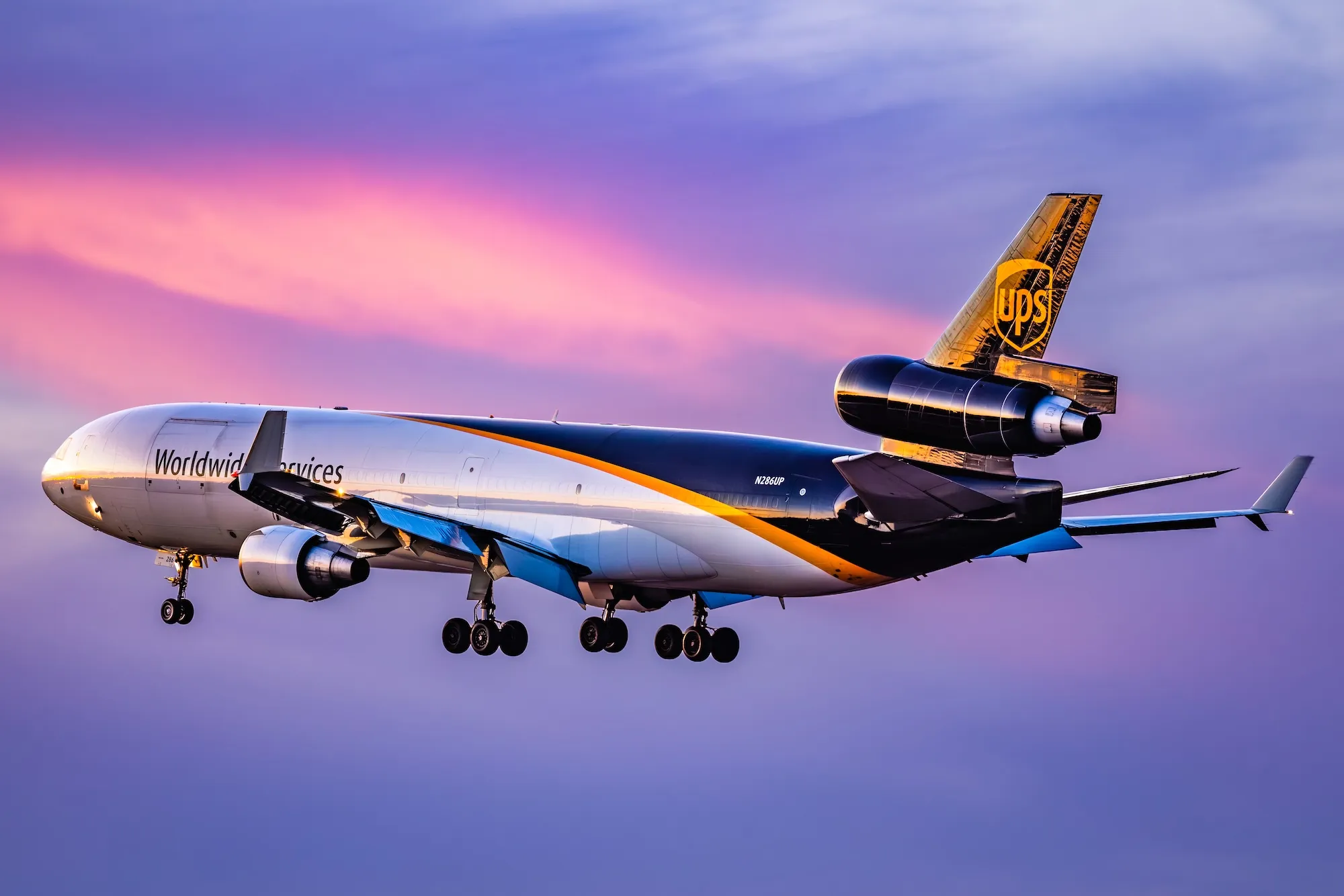
.webp)